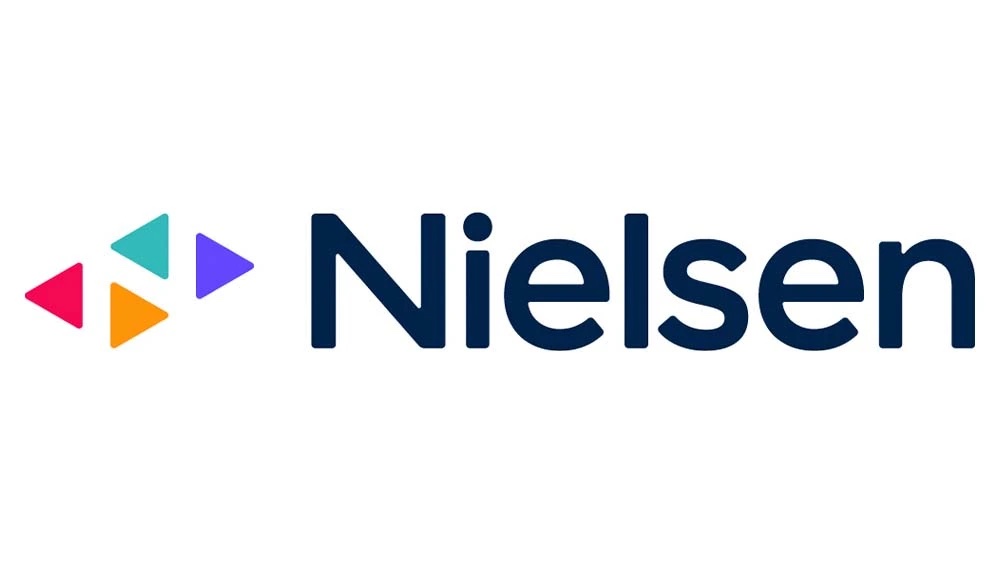Long anticipated, a bit maligned, and somewhat feared, Feb. 17, 2009, made its entrance into the television history book this week, although with significantly less trauma than originally envisioned.
At midnight on Feb. 17, 421 full-power TV stations in the United States joined the ranks of the 220 stations that had already completed their transition to the new era of digital television broadcasting. From coast to coast, analog transmitters were powered down, digital coverage maximized and DTV converter boxes were flipped on to saying goodbye to analog service from about a third of all full-power TV stations and welcome the dawn of DTV.
On Feb. 17, the FCC said its consumer helpline set up to handle DTV transition issues received 28,315 calls. However, since the DTV transition didn’t occur until midnight, the numbers do not reflect total calls since the 421 stations went dark with their analog service. In the two days preceding the transition, the commission’s consumer helpline received nearly 49,000 calls.
A common theme among many callers was finding DTV channels with their new converter boxes and DTVs. Many were unaware of the need to use the scan function to identify the presence of digital TV signals, the FCC said.
Many in Congress, at the commission and in the industry have repeatedly expressed concern over those in the public who remained unaware of the impending DTV transition deadline. In the weeks leading up to Feb. 17, that concern helped to move Congress to postpone the DTV transition deadline until June 12.
The latest numbers from The Nielsen Company, released Feb. 18, indicate 4.4 percent of U.S. household — more than 5 million — remained unprepared for the DTV transition.
Of particular concern to policy and lawmakers leading was the loss of television by vulnerable segments of society, including non-English speakers, the disabled and senior citizens. In response, the FCC in January awarded several million dollars to various community and special interest groups focused on the needs of these and similar groups to assist with the transition.
The professional video industry's #1 source for news, trends and product and tech information. Sign up below.
On Feb. 18, the AARP said it had launched a national DTV call center to offer personal assistance with the transition. The call center will operate Monday through Friday 8 a.m. to 10 p.m. EST through March 31. Spanish-language operators are available, the group said.
Phil Kurz is a contributing editor to TV Tech. He has written about TV and video technology for more than 30 years and served as editor of three leading industry magazines. He earned a Bachelor of Journalism and a Master’s Degree in Journalism from the University of Missouri-Columbia School of Journalism.

